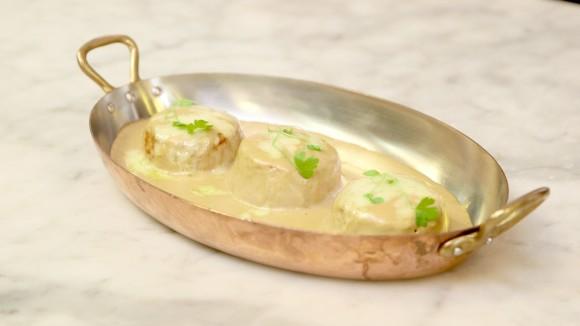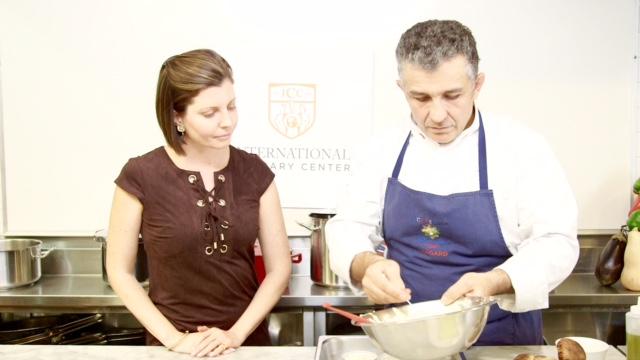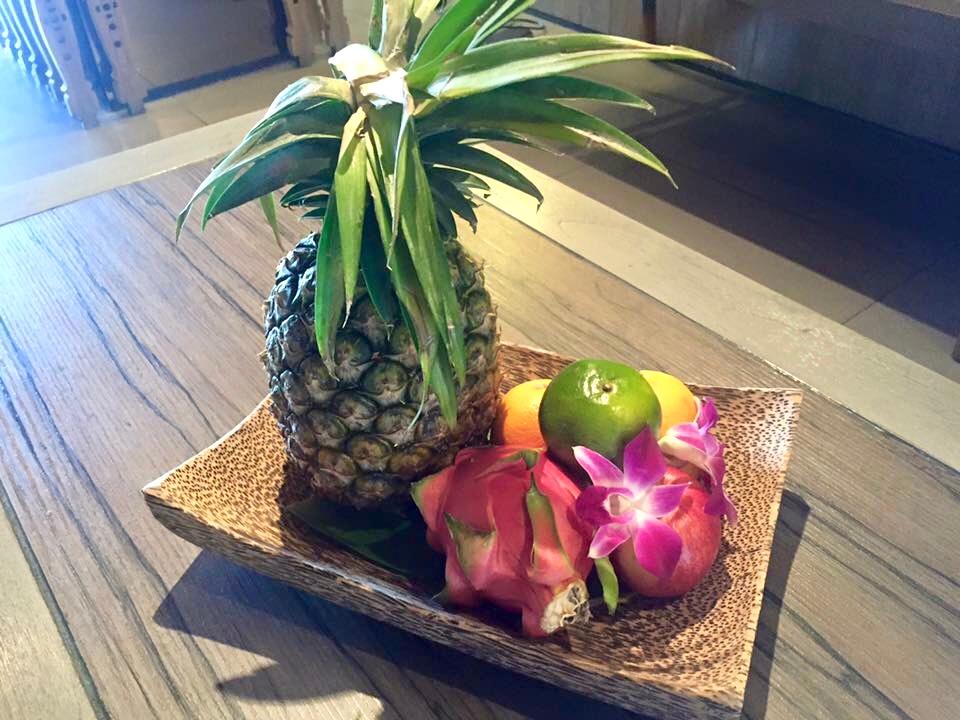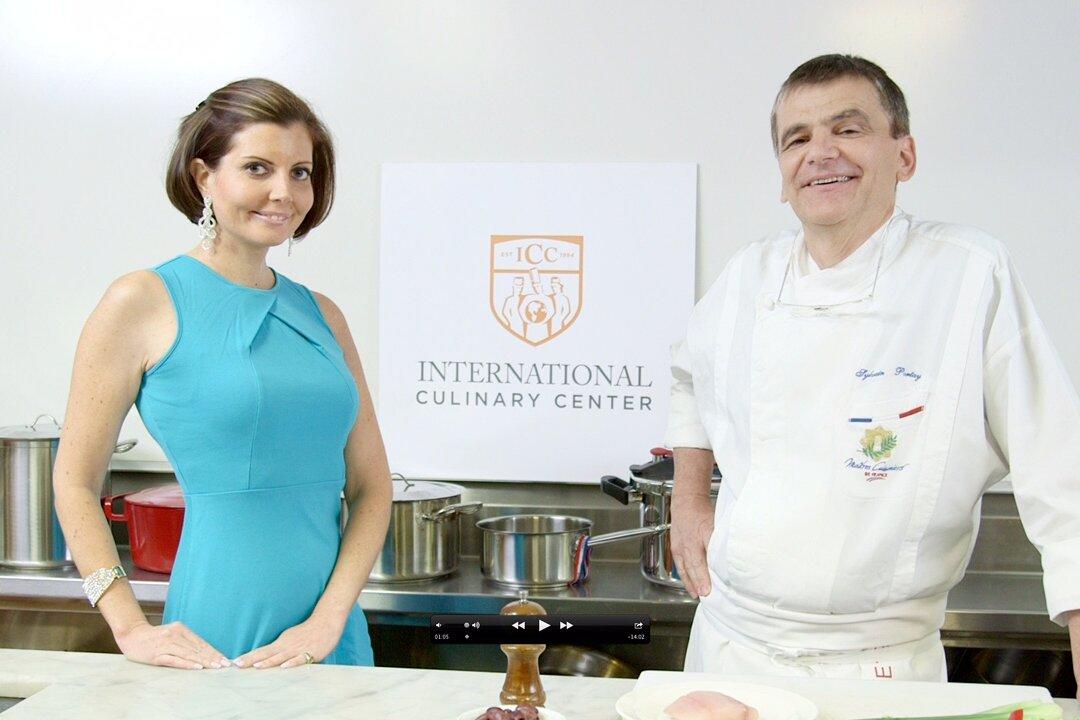In this series, columnist Sibylle Eschapasse interviews some of France’s top chefs, the Maîtres Cuisiniers de France.
Name:
Bernard Liberatore
Hometown:
Annecy, Haute Savoie
Age:
46
Restaurant:
The CORE Club
Years of experience with French cuisine:
27
Maître Cuisinier de France since:
2011
Sibylle Eschapasse: What does it mean to you to be a Maître Cuisinier de France, a most admired title?
Bernard Liberatore: At first, it comes as recognition from your peers, but most importantly it is a responsibility and quest to always preserve, advance, and perpetuate the tradition of great French cuisine, and to mentor, train, and assist in the professional development of the new generation of chefs.
Ms. Eschapasse: Why did you choose to become a chef?
Mr. Liberatore: I started to be interested in cooking and baking at an early age with my mother—she is a really good cook—and when the time arrived to choose a career, it just made sense and it was the only path I saw myself in. As for the why, at that time, I didn’t have that answer yet, nor really an understanding of what it would take to become a professional chef.
Ms. Eschapasse: If a close friend were to describe your cooking in three words, what would they be?
Mr. Liberatore: Elegant yet soulful and imaginative.
Ms. Eschapasse: If you weren’t a chef, what would you be?
Mr. Liberatore: Good question, I never really looked back and thought of another career, but I would say I’m fascinated by architecture and the engineering behind it. Maybe it could have been a career.
Ms. Eschapasse: Who would you consider your greatest culinary influence?
Mr. Liberatore: It’s hard to really pinpoint someone in particular as I have been permeated with different influences to create my own. But I can say Marc Veyrat always strikes me, not only as a talented chef but as a person, as resilient, fierce, and yet generous—“un montagnard” [a mountain guy], like me.
Ms. Eschapasse: How would you define French cuisine?
Mr. Liberatore: A cuisine that is diverse, with a deep cultural heritage and respect of tradition, which can be used as a base for new and innovative creations.
Ms. Eschapasse: Of France’s many regional cuisines, which do you prefer to cook?
Mr. Liberatore: There are a few, I would say where I come from, Rhône-Alpes, as well as Mediterranean and Southwest.
Ms. Eschapasse: Tell us about the recipe you chose.
Mr. Liberatore: Double-baked soufflés are always easy to create and fun to have in a home cook’s repertoire. They are less daunting than regular cheese soufflés. Also I wanted to showcase two ingredients dear to me. Beaufort cheese from the Alps, my region, is a beautiful cheese with a distinct aroma, sometime described as mildly pungent and reminiscent of the pastures on which the Tarentaise and Abondance cows graze—my favorite cheese. And the porcini I love maybe because I used to go pick them with my father in my youth and love all the aromas found in the woods.
Ms. Eschapasse: What’s your advice to people who would like to improve their cooking skills or learn to cook?
Mr. Liberatore: I would say the only way to improve cooking skills is like everything else: Repeat them over and over until you perfect them.
You can watch Bernard Liberatore demonstrate the full recipe on “Celebrity Taste Makers” on Saturday, March 18 at 6 p.m on PIX11.
Sibylle Eschapasse is from Paris and lives in New York City. In addition to working at the United Nations, she contributes to various publications and is the host of “Sibylle’s Top French Chefs,” a series being aired on “Celebrity Taste Makers.” She may be reached at [email protected]
Porcini and Beaufort Cheese Soufflé






